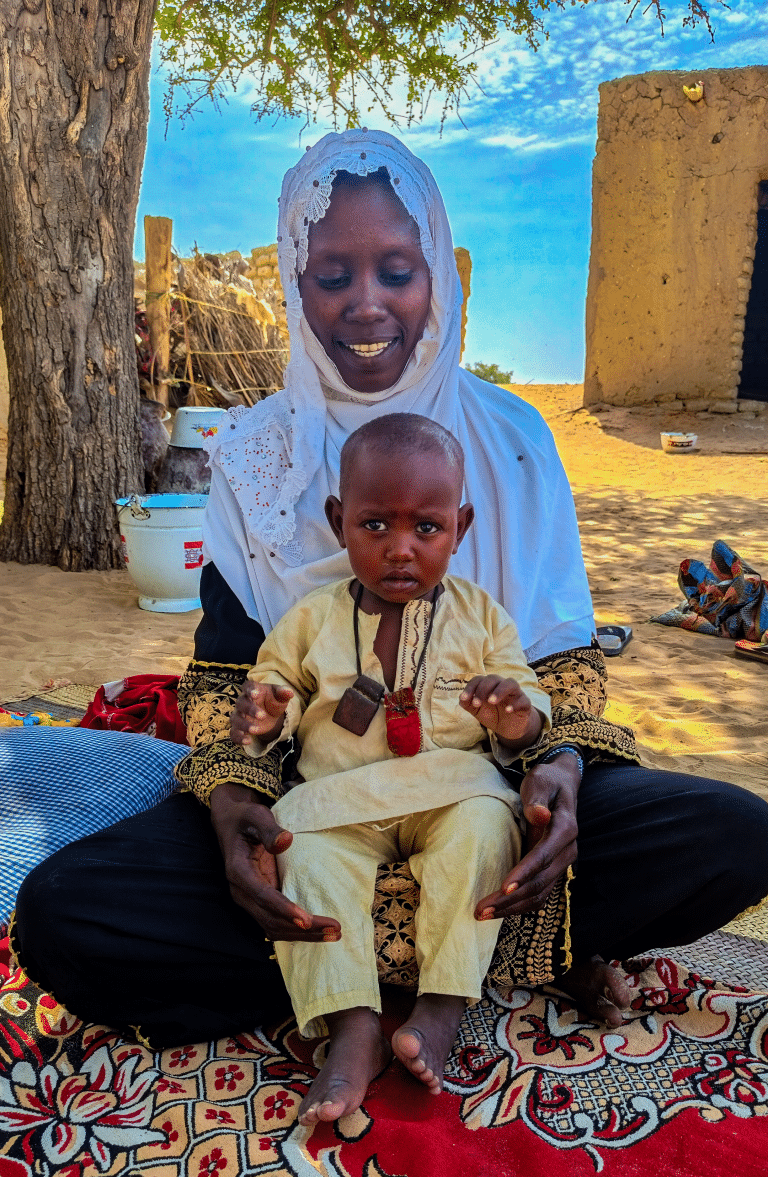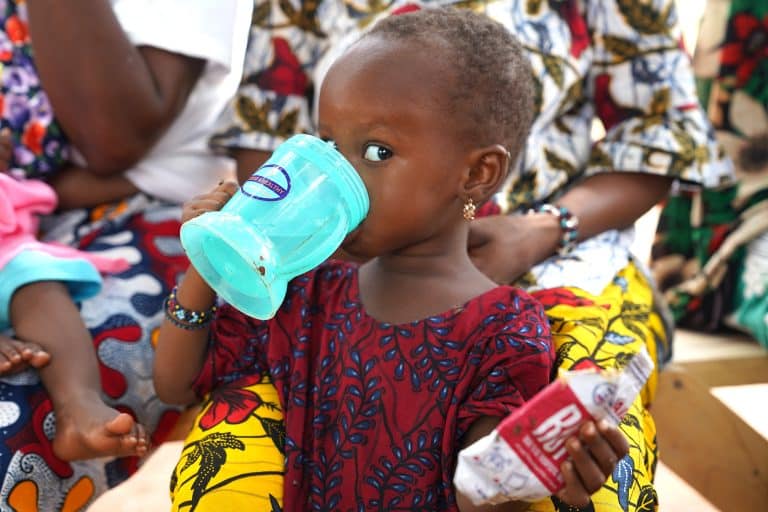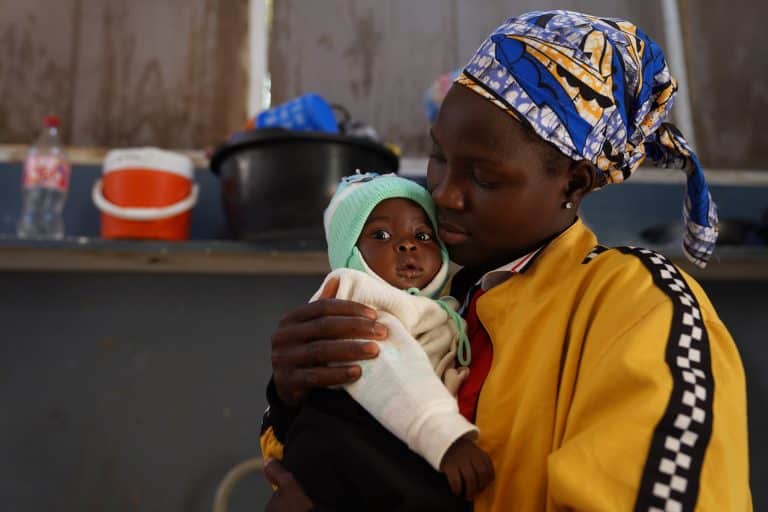© Caroline Thirion / ALIMA
What is your job and why is your job particularly important in the context of an emergency response or epidemic?
My job is to integrate a mental health response and management of psychological suffering into ALIMA’s health programs. In the context of an epidemic, anxiety in the face of illness and pain, and also the risks of death and stigmatization, are inevitable.
My missions during these times are essentially to develop strategies and psychological support programs for people confronted with the disease, including the constitution of teams, the drafting of care protocols, training and awareness raising in mental health.
Comprehensive care for patients and their families is essential for good adherence to preventive measures, quality support and better recovery.
Healthcare personnel are also exposed to psycho-social risks that are essential to identify and respond to, so that they can carry out their duties in the best possible way for their well-being and that of patients.
What do you like best about your job?
What I like about my job is when you get to understand the inner psyche of the people you are working with. To succeed in setting up the conditions of the therapeutic relationship, in order to allow them to confide their suffering to us is a victory. We are then there to welcome and support them.
When we manage to offer spaces of support and exchange in extremely difficult life situations, such as in refugee camps for example, and that they are fully able to invest all their energy in the communities, this shows the benefits of our practices. We co-construct our projects in a participative approach by involving the people concerned as much as possible in the design of our responses, so that they are the most appropriate.
At ALIMA, we pay particular attention to psychological care in all our projects and the response to COVID integrates this component of course.
How can the current situation related to COVID-19 be a stress factor in someone’s private life and day-to-day work?
The current situation is unprecedented. The global nature and the need to keep social exchanges to a strict minimum are absolutely confusing. We are social beings and we need connections. This period of confinement can lead to psychological distress for some people, fear for oneself and for those around us, a feeling of uselessness, boredom or difficulties related to closeness.
For the health workers, this situation leads to an increase in work and strict compliance with protective measures, which requires very high levels of vigilance and increases their state of fatigue and stress.
In addition, people on the front line are afraid of contaminating those around them when they return home. This fear of becoming a vector for transmission of the disease is very uncomfortable and can lead to feelings of guilt.
Finally, other occupations are at risk of significant stress because they are carried out under complex conditions. Logisticians, for example, are just as indispensable as caregivers. They ensure the supply of basic needs and the organisation of care depends on their actions, they are under strong pressure from all sides to meet demand in time. The fear of running out of protective equipment, for example, as in some countries, is a constant concern .
At ALIMA, we have put in place a guide to prevent the risks of stress at work and we are working on the creation of a guide for the care of infected patients based on the IASC (Inter-Agency Standing Committee) mental health guidelines.
How can signs of stress be detected during a period of confinement or on a humanitarian mission? What can be done to manage this stress as successfully as possible?
© Caroline Thirion / ALIMA
The signs of stress are sometimes obvious, but also sometimes more subtle. It is important to know how to spot fatigue, burnout, and other signs such as sleep disturbances, mood swings, or hyper agitation, among other examples. If you can, keep in touch with your family and friends, and check in with them by video if they are at a distance.
You’ve probably already read a lot of different advice. Choose the ones that best suit you, and try to stick to your routine. Avoid self-medication if you are anxious or have trouble sleeping; 20 minutes of relaxation are effective in regulating your emotions and avoiding an overload of anxiety-provoking information. You can maintain or take up new hobbies and explore new things.
For me, the most important recommendation is to take care of each other. It is important to take an interest and concern for one’s personal well-being, without neglecting one’s family, friends, colleagues, or neighbors with whom one can find exchange and comfort.
At present, solidarity at multiple levels, individual, community, national and international, is a major and unavoidable asset in managing the situation.
Many thanks to Valérie Chanfreau for this interview, as well as to the ALIMA staff who are currently mobilizing against COVID-19, while continuing to maintain their refular medical projects.
*Cover photo: © Caroline Thirion / ALIMA





